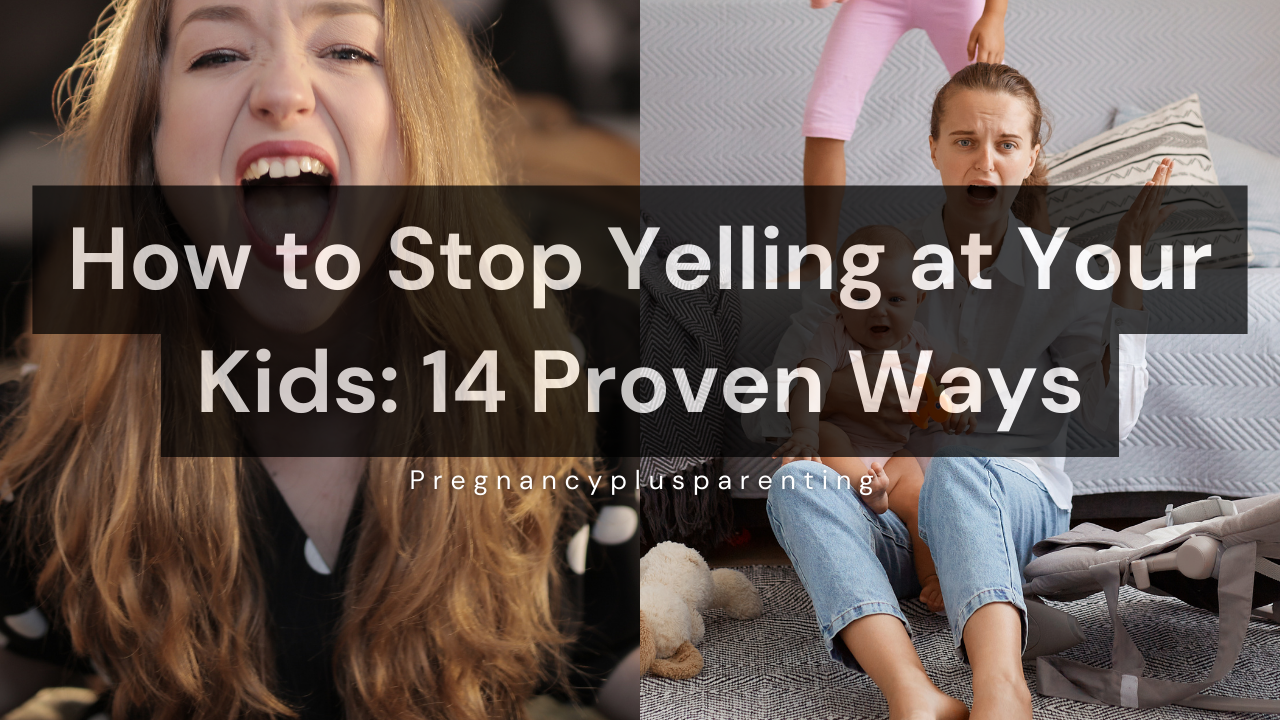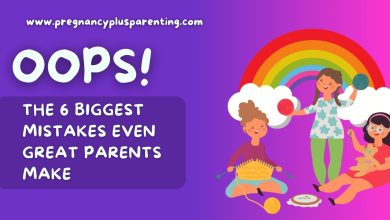How to Stop Yelling at Your Kids: 14 Proven Ways
Parenting is no easy feat, and even the most patient parents can find themselves yelling at their kids. While it may seem like a quick way to get your child’s attention, yelling can harm your relationship and negatively impact your child’s emotional well-being. The good news is, you can stop yelling with thoughtful strategies and practice. Here’s how to break the cycle and embrace a calmer approach to parenting.
Why Parents Yell
Let’s start with understanding why yelling happens in the first place. Parents yell when they’re overwhelmed, frustrated, or feel like they’ve lost control. Common triggers include disobedience, sibling fights, and high-pressure situations like running late.
While yelling may seem effective in the moment, it doesn’t teach kids the behavior you want. Instead, it fosters fear, resentment, and sometimes even defiance.
The Impact of Yelling on Kids
When you yell, your child’s fight-or-flight response kicks in. This means their brain floods with stress hormones, making it harder for them to process what you’re saying. Over time, frequent yelling can lead to:
- Anxiety and fear: Kids may feel unsafe or insecure.
- Low self-esteem: They may internalize yelling as a sign they’re “bad.”
- Poor emotional regulation: Children struggle to manage their own emotions if they’re not modeled calm behavior.
14 Proven Ways to Stop Yelling
1. Take a Deep Breath
When you feel the urge to yell, pause and take a few deep breaths. This simple act calms your nervous system and gives you a moment to think before you react.
2. Lower Your Voice
It may sound counterintuitive, but speaking softly can grab your child’s attention better than yelling. A calm tone encourages your child to listen without feeling threatened.
3. Set Clear Expectations
Kids often act out because they don’t understand what’s expected of them. Be clear about rules and consequences beforehand to reduce misunderstandings.
4. Pick Your Battles
Not every issue is worth a confrontation. Ask yourself, “Will this matter in five years?” If the answer is no, let it go and focus on what’s truly important.
5. Plan Ahead for Stressful Situations
If you know mornings or mealtimes tend to be chaotic, create a plan to reduce stress. For example, pack lunches the night before or set out clothes to save time.
6. Take Breaks When Needed
Parenting burnout is real, and it’s okay to take a moment for yourself. Step outside, count to ten, or drink a glass of water to reset your emotions.
7. Practice Empathy
Put yourself in your child’s shoes. Are they tired, hungry, or feeling overwhelmed? Understanding their perspective can help you respond with patience.
8. Use Positive Reinforcement
Rather than focusing on what your child is doing wrong, praise them for good behavior. For example, say, “I love how you cleaned up your toys,” instead of, “Why didn’t you clean up earlier?”
9. Establish a Routine
Routines provide structure and help kids know what to expect. When children feel secure, they’re less likely to act out.
10. Model Emotional Regulation
Kids learn by watching you. If you handle stress calmly, they’re more likely to follow your lead. Practice what you preach by staying composed.
11. Use Humor to Diffuse Tension
Laughter can be a powerful tool to break the cycle of frustration. If your child spills milk, jokingly say, “Looks like the table was thirsty!” instead of yelling.
12. Create a Support Network
Parenting is tough, and you don’t have to do it alone. Reach out to friends, family, or parenting groups for advice and emotional support.
13. Address Personal Stress
Sometimes, yelling isn’t about the kids at all. It might stem from personal stress like work pressure or lack of sleep. Addressing these issues can help you stay calmer.
14. Apologize and Repair
Nobody’s perfect, and yelling happens. When it does, apologize to your child. Say, “I’m sorry for yelling earlier. I should have handled that better.” This teaches them accountability and strengthens your bond.
Practical Tools to Help You Stay Calm
1. Use a Calm-Down Jar
Fill a jar with glitter and water. Shake it up and watch the glitter settle when you’re feeling upset. This simple activity helps you and your child relax.
2. Try a Calm-Down Corner
Instead of a timeout, create a calm-down corner with books, pillows, and sensory toys. This space allows your child to reset without feeling punished.
3. Practice Mindfulness Together
Teach your child simple breathing exercises or mindfulness techniques. These practices help both of you stay present and manage emotions.
4. Keep a Journal
Writing down your triggers and successes can help you identify patterns and celebrate progress.
Long-Term Benefits of Reducing Yelling
When you commit to calmer parenting, the rewards are immense:
- Stronger relationships: Kids feel more connected to parents who communicate with respect.
- Better behavior: Children are more likely to follow rules when they feel understood.
- Life skills: Your child learns how to handle conflict calmly, a skill they’ll use forever.
Conclusion
Breaking the yelling habit takes time and effort, but it’s worth it. By practicing these strategies, you’ll create a more peaceful home and foster a stronger bond with your child. Remember, parenting isn’t about being perfect; it’s about striving to be better each day.






